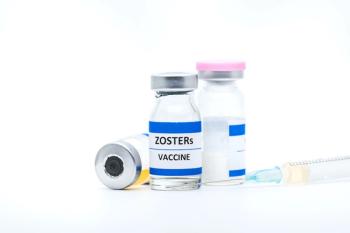
Cancer, HIV, and organ transplants can also increase the risk of shingles.

Cancer, HIV, and organ transplants can also increase the risk of shingles.

Investigators evaluated older adults’ compliance with the 2-dose shingles vaccine regimen.
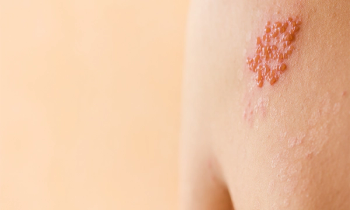
Study concludes vaccine significantly reduces risk of herpes zoster.

The Drug Topics® team rounded up some of our top-read articles from the last year.

Herpes zoster exposure puts unvaccinated individuals at risk for chickenpox.
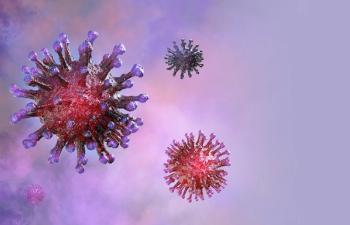
Reports of cases of coronavirus disease 2019 (COVID-19) and herpes zoster co-infections are beginning to emerge in medical literature.

Herpes zoster can take a toll on the entire body.

Study suggests review of current recommendations.

The link between menopause and shingles may be explained by hormones, stress, and immunity.

Amid this unprecedented flu season, experts recommend co-administering flu and shingles vaccines.
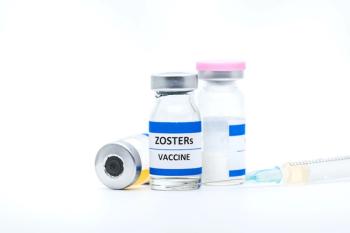
Decades after the introduction of the chickenpox vaccine and 14 years after the first shingles vaccine was approved in the United States, it’s time to take stock of where the country is in respect to shingles infections

Study suggests higher hospitalization rate for some skin diseases.
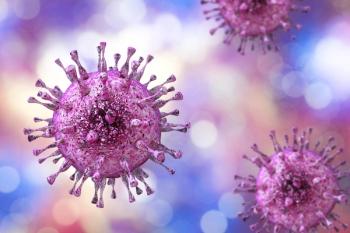
Age, gender, race, and general health make the list of potential risk factors for shingles.
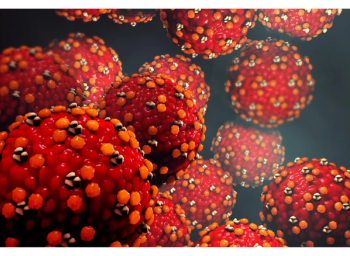
The report showed that the vaccination rate has quintupled over the last decade.

The lowdown on shingles’ most common complication.
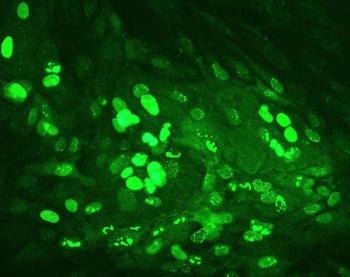
ZosterGent Reagent, a fast fluorescent antibody test for the detection and confirmation of the varicella zoster virus, is now available for use with high-risk patients, including those who are immunocompromised.
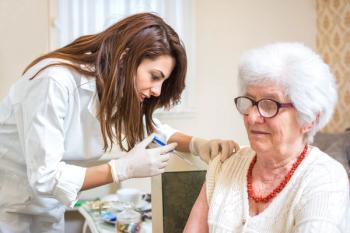
Recombinant herpes zoster (HZ) vaccine (Shingrix) induced a strong and persistent immune response in older adults, regardless of previous receipt of live-attenuated HZ vaccine.
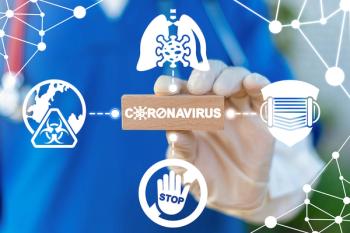
Can coronavirus-related stress cause shingles?
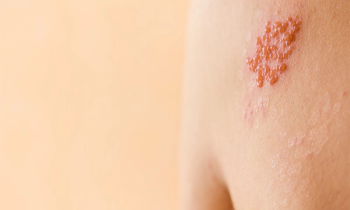
Early treatment of shingles reduces symptoms and risk of serious complications.
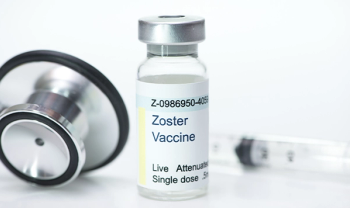
Pharmacist reminders boost shingles vaccination compliance.

Less common but more communicable than localized zoster

Things to know about the root cause of chickenpox and shingles
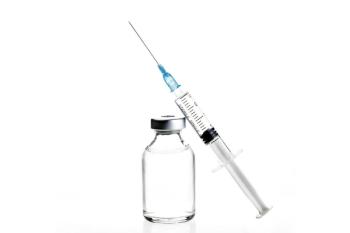
Vaccination is first line of defense.

British study supports exogenous boosting theory.

Shingles is not contagious; however, the potential for exposing a person to another viral infection that leads to shingles is very real.